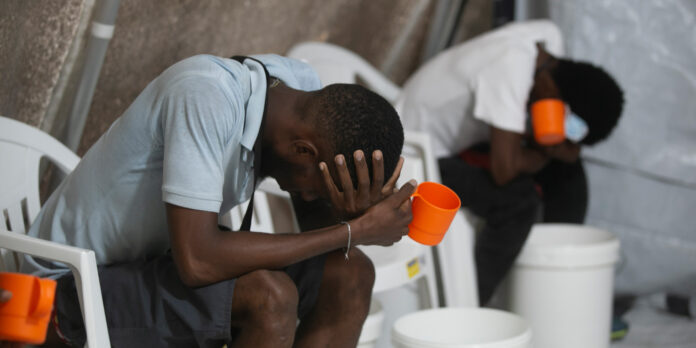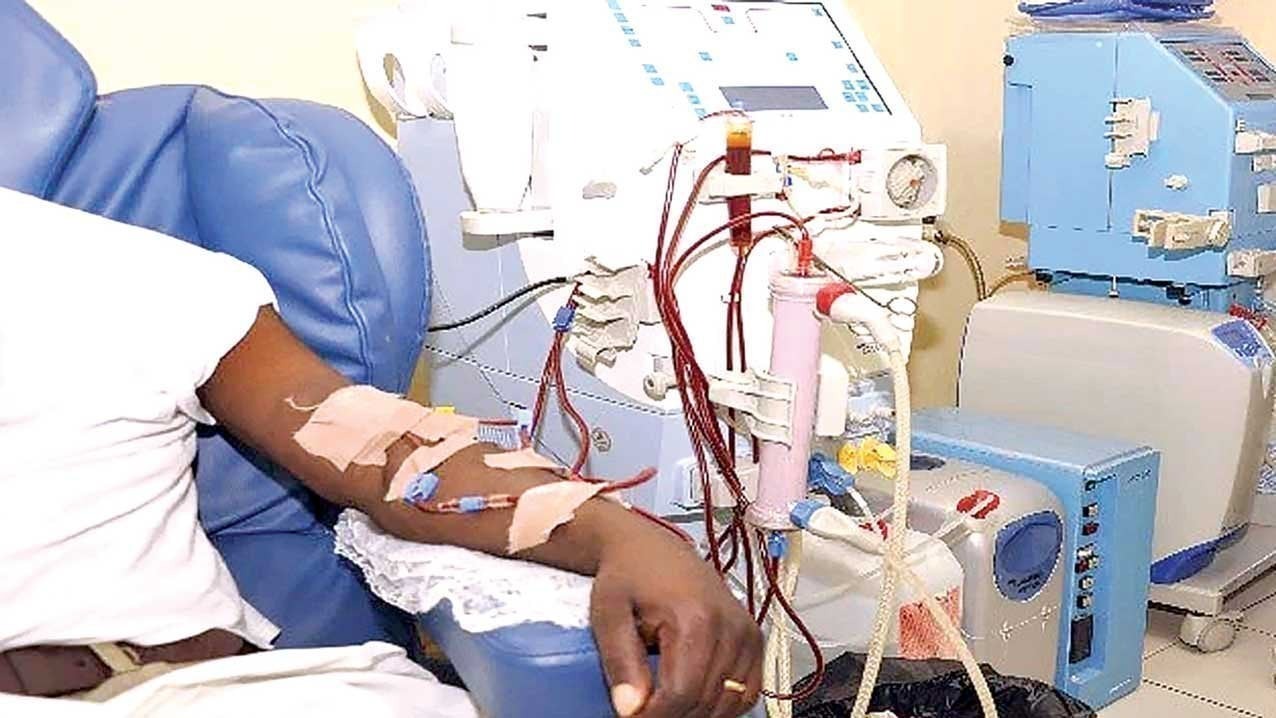Cholera Claims 35 Lives in Ghana, with Over 4,000 Suspected Cases

Accra, Ghana - Dec 26, 2024 - A cholera outbreak in Ghana has claimed 35 lives, with 4,155 suspected cases reported nationwide as of December 23, 2024. The Western Region has been the hardest hit, accounting for 17 of the fatalities.
In response to the outbreak, the Ghana Health Service (GHS) launched an Oral Cholera Vaccination campaign in affected areas, including Awutu Senya East, Ahanta West, and Sekondi-Takoradi. The campaign, which ran from November 30 to December 19, vaccinated 662,906 individuals out of the 792,482 eligible population.
In a statement, Dr. Patrick Kuma Aboagye, Director General of the GHS noted that the vaccination campaign has led to a significant decline in reported cases. Awutu Senya East, one of the areas targeted by the campaign, has not recorded any confirmed cases since the exercise.
As the country celebrates the Christmas season, health officials are urging the public to remain vigilant and take precautions to prevent the spread of the disease. This includes drinking potable water, eating hot food, washing fruits and vegetables thoroughly, and practicing good hygiene.
The GHS also advised individuals experiencing symptoms such as diarrhea and vomiting to seek medical attention immediately.
“Between 30th November and 19th December 2024, an Oral Vaccination campaign was conducted in the Awutu Senya East, Ahanta West, Effia-Kwesimintim, Sekondi-Takoradi, and Shama metro/municipals, which are the hotspots. A total of 662,906 persons have been vaccinated out of 792,482 eligible population.”
“After the vaccination campaign, the number of reported cases in those districts have declined steadily. Awutu Senya East has not recorded any confirmed case after the vaccination exercise,.
“As we enter the Christmas season, we are entreated to drink potable water, eat food that is hot, wash fruits and vegetables thoroughly before consuming, and wash our hands with soap under running water before preparing food, before eating, and after visiting the toilet (and washroom) or changing diapers and after touching surfaces,'' portions of the statement read.
Find the statement from the GHS below.


Source: Lead News Online

























































